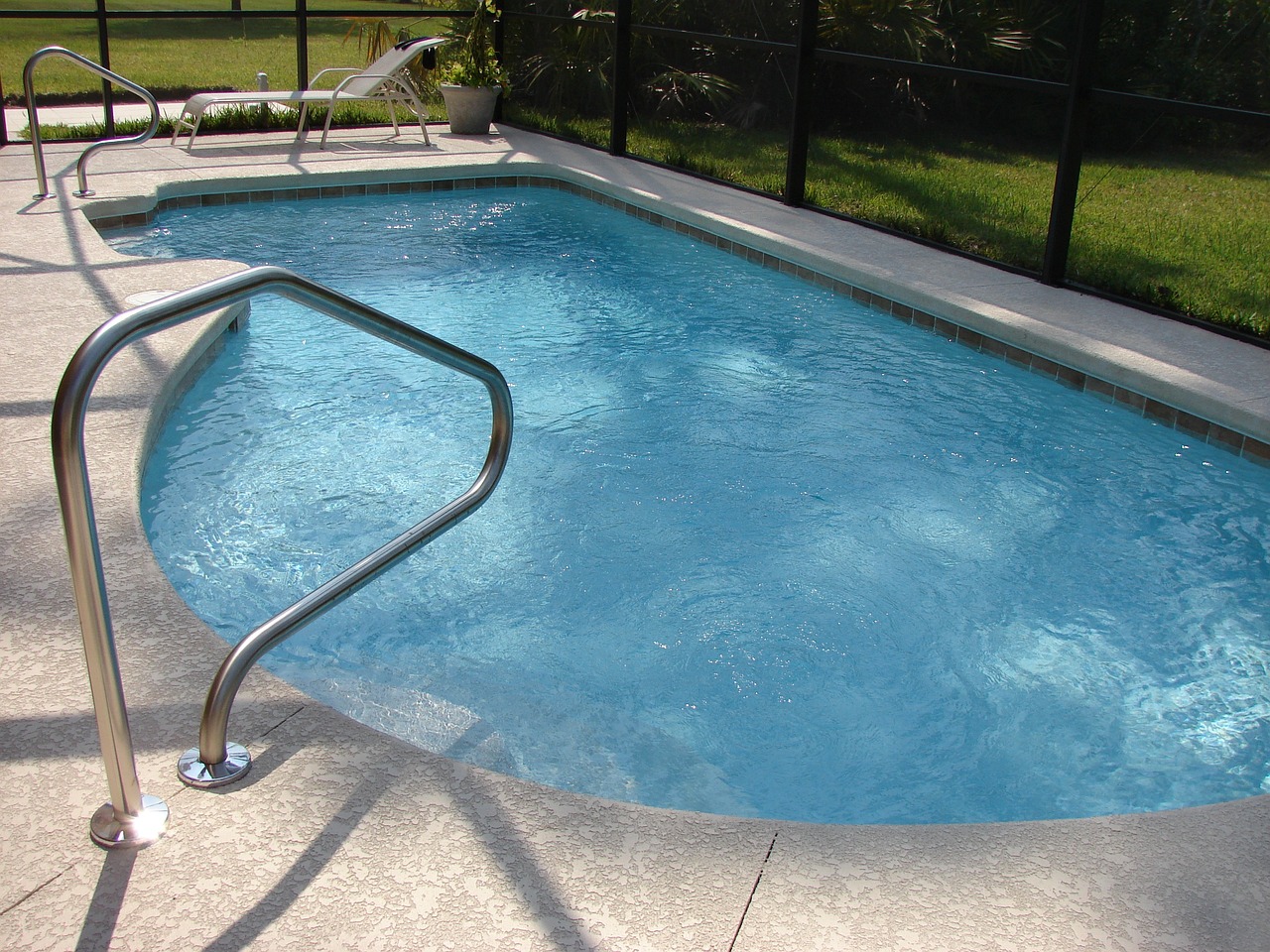A pool is an excellent addition to any property, but it also requires careful maintenance. One of the essential aspects of maintaining a pool is ensuring that the pool waterproofing material is top-notch. If the material is not of good quality, it can lead to water leakage and costly repairs.
When you are selecting pool waterproofing material, there are specific factors that you need to keep in mind. Firstly, the material should be able to withstand constant contact with water. It should not become weak or wear out quickly due to water exposure. This means that the material should be resistant to water, chemicals, and UV rays.
Secondly, the material should be strong enough to handle the water pressure. Pool waterproofing material needs to be thick enough to bear the weight of the water in the pool without leaking.
Finally, the material should also be easy to clean and maintain. It should not require excessive cleaning or maintenance that may be time-consuming or costly.
Some of the most popular materials used for pool waterproofing include epoxy, rubber, fiberglass, and acrylic. Each of these materials has its benefits and drawbacks, and it is essential to pick a material that meets your specific needs.
Selecting the right pool waterproofing material is vital to ensure that your investment is durable, safe, and long-lasting.






